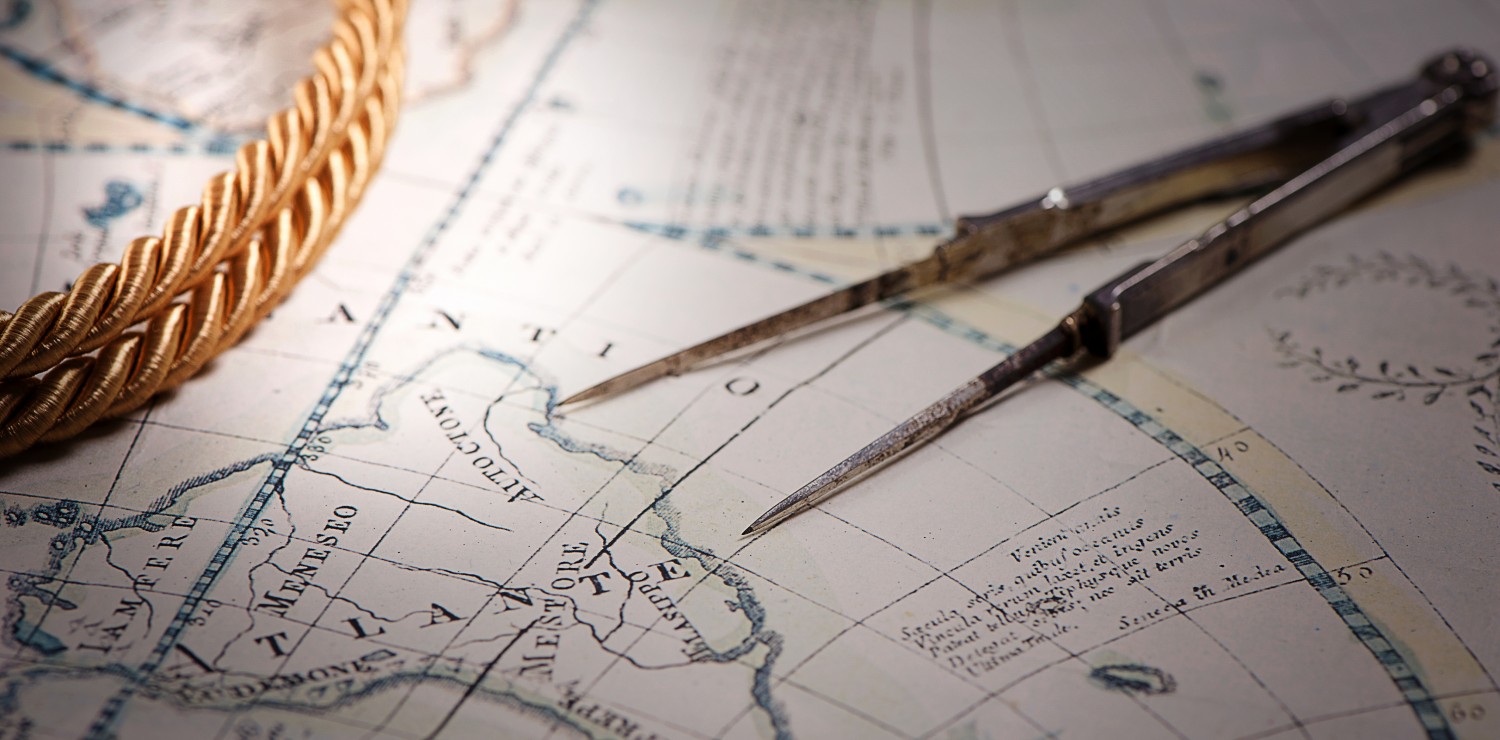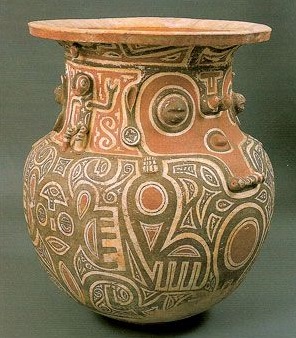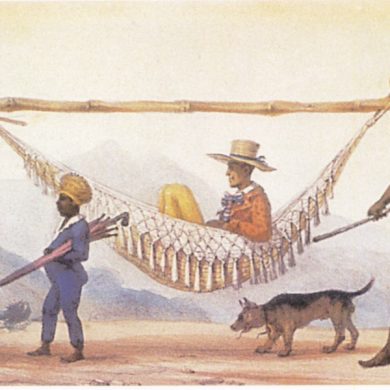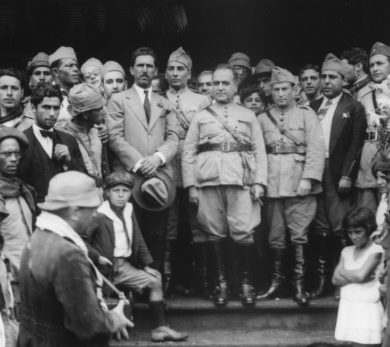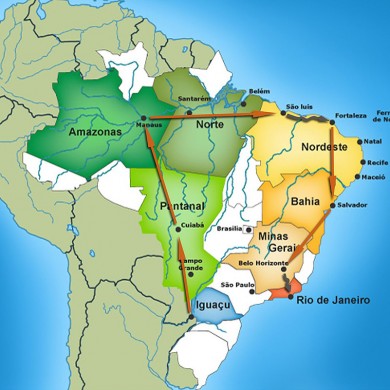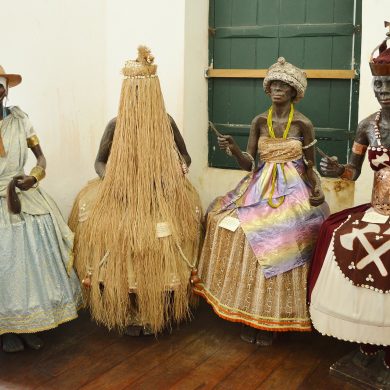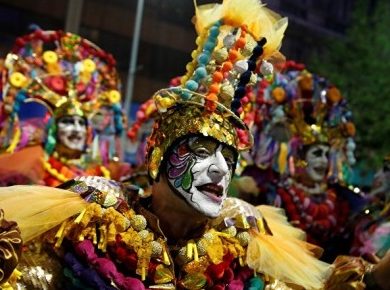A society forged by the cataclysms of Portuguese colonization
Inhabited for more than 600 centuries, Brazil endured a turbulent history from the time of its colonization. Eviction of Amerindian culture, widespread use of slavery and unbalanced development are its major upheavals. Examining these frequently helps us to understand Brazilian culture and society, one where where economic and racial issues are at the forefront.
Explore our pages on the history of Brazil
For many years, a fragmented history
The official history of Brazil begins with the identification of the coast and the creation of colonies by the Europeans. It has the advantage of relying on detailed documentation, created by the first explorers and by the religious brotherhoods charged with the evangelization of the natives. It implicitly considers the Amerindian period preceding it as negligible. Long associated with primitive peoples “without law, without faith, without a king”, this Brazilian “pre-history” actually surprises scholars by its political and social complexity. Several archaeological works carried out in the Rio Xingu region accelerated its rediscovery in the 1990s. These discoveries reveal a civilization with a very hierarchical organization, keen to rationally exploit the fertile lands, fortify its cities and observe advanced religious rites.
In Brazil, an important influence of history in social inequalities
Since colonization, a large part of Brazilian history has been marked by different social or ethnic inequalities.
Beyond the brutal integration of Indians into Western civilization, another prominent event was the slave trade. Taken in millions from Africa, black slaves resisted the harshness of their exploitation in the vast agricultural domains by creating a counter-culture inspired by their old beliefs. The latter is manifested through capoeira (a martial art) and candomblé (a religion mixing Catholicism and totemic worship).
With the definitive abolition of slavery in the late nineteenth century, these inequalities took a regional and economic form. There is a contrast between Nordeste, essentially rural, and the south of the country (Minas Gerais, São Paulo, Rio de Janeiro) which is more industrialized and richer.
An interesting documentary on the history of the colonization of Brazil along its coasts:
Pre-colonial Brazilian history – still largely unknown
Although some of the conditions of the populations of pre – colonial Brazil remain a mystery, excavations have noted the presence of many paleolithic foci, especially in the Serra da Capivara. These proto civilizations were then structured into tribes and Amerindian city-states which, at the end of the 15th century, covered the entire country.
The colonial era, an important time for the miscegenation of Brazilian society
The history of colonial Brazil is a story of violence and slavery but also one of an amalgamation of some of the world´s most interesting cultures. Discovered by the Portuguese in 1500, colonization would see an acceleration some thirty years later. With the aim of supplying of sugar and wood for the metropolitan areas, Portuguese regime in the time was reliant on the labour of African slaves. Brazil´s mining wealth and its reception of the Portuguese court in exile at the beginning of the 19th century allowed it obtain clear political autonomy.
The history of Brazil, from decolonization to the present day
Brazil became independent in 1822 as a constitutional empire. But the abolition of slavery in 1889 changed the country’s structures, and it transformed into a republic. Between oligarchy and authoritarian powers, it only becomes a real democracy in the 1980s. It then started to development as an emerging power of relevance in South America.
